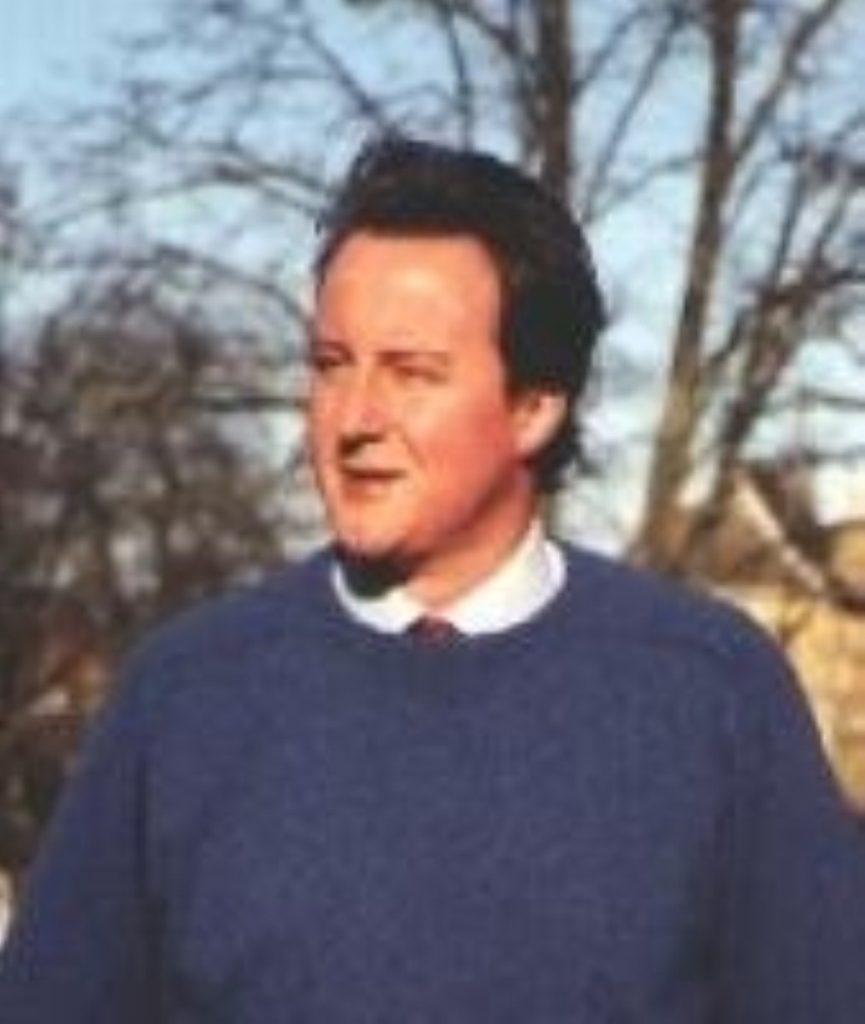Cameron speaks out over Israel
David Cameron spoke out against Israel’s attacks on southern Lebanon for the first time yesterday, saying they were “disproportionate” and the government should say as much.
The Conservative leader welcomed Tony Blair’s efforts to secure a UN security council resolution on the conflict, but said he should have been clearer in his condemnation.
However, two cabinet ministers this weekend spoke out in support of the prime minister’s approach, while foreign secretary Margaret Beckett also defended her failure to visit the region and insisted she was more effective working behind the scenes.
Mr Blair has delayed his holiday to work for a UN security council resolution, and has held lengthy talks with US president George Bush and Russian president Vladimir Putin since a draft version was published on Saturday.


This would see an immediate end to the fighting between Lebanese group Hizbullah and the Israeli military, but not an Israeli ceasefire – something the US and Britain have been resisting, to the dismay of campaigners and Labour MPs.
This morning, Labour backbencher Peter Kilfoyle wrote to The Guardian that Mr Blair’s efforts in the Middle East have been an “unmitigated disaster for British interests and a corruption of everything that the Labour party ostensibly stands for”.
And last night Mr Cameron added his criticism for the first time, telling Radio Five Live: “Elements of the Israeli response were disproportionate and I think it was right to say that, and I think the prime minister should have said that.
“I don’t think it should be seen as an unfair criticism of Israel. It is just a statement of the fact.Britain is a friend of Israel, yes, and a friend of the US, but in both cases, we should be candid friends and we shouldn’t be scared of saying to our friends when we think they are making mistakes or doing the wrong thing.”
However, this weekend cabinet colleagues rallied around to support Mr Blair, with home secretary John Reid praising his “courage” in dealing with “this struggle”.
Work and pensions secretary John Hutton added that the prime minister had always made it clear he wanted the violence between Israel and Lebanese militant group Hizbullah to end “as quickly as possible”.
“This conflict has always generated the most intense controversies between people for the last 50 or 60 years, and I think it is going to require a focused diplomatic effort to bring this violence to an end as quickly as possible,” he told Sky News.
“I think that has been the prime minister’s intention and focus throughout this period of time and I think he’s been right to do that.”
In an interview with The Observer yesterday, Ms Beckett also hit out at criticism of her work as foreign secretary, in particular her decision to send junior minister Kim Howells to the Middle East rather than go herself.
“I have always made the choice of trying to be effective rather than attract attention, and all too often, particularly in times like this, you may achieve less [by seeking attention],” she said.
Ms Beckett dismissed suggestions that the Foreign Office and Downing Street were split on how to deal with the Lebanese crisis as “total rubbish”, although confirmed there were concerns among ministers as to whether they had taken the right approach.
Asked if she was treated more harshly for her performance because she was female, she noted: “That suspicion does arise, because you do get a ‘Good God, what’s the world coming to?’ tone.”
“But I think you get it whenever there’s a new foreign secretary – Robin [Cook] got a certain amount, Jack [Straw] got it a lot.”












